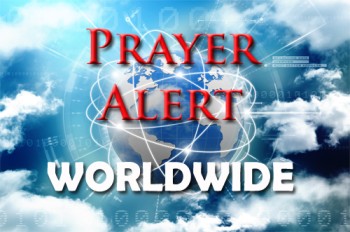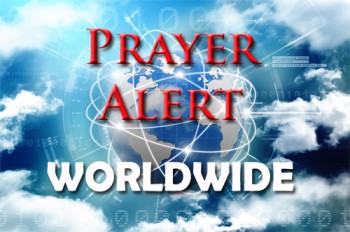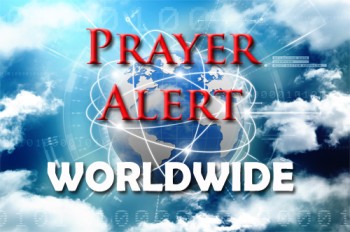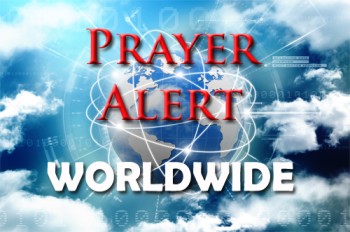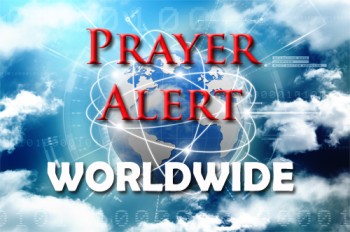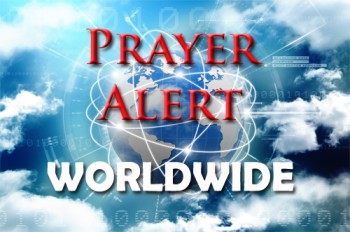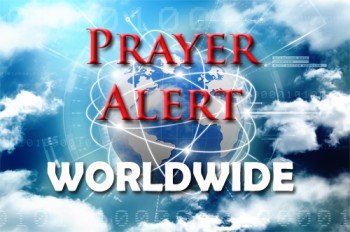Lithuania: concerns over rebuilding 'Soviet Union 2.0'
Lithuania’s foreign minister Gabriel Landsbergis has warned that reducing NATO troop numbers in the region could worsen the security situation. Prompted by fears of a Russian invasion sparked by 100,000 troops near the Ukrainian border, he said the EU needed to be ‘more involved’ and offer solutions to the crisis. He also called on the EU to review its sanctions against Russia and Belarus to close loopholes and make sure they still had teeth. Lithuania was in ‘constant contact’ with the US during its talks with Russia, and the US had offered a high level of transparency over the negotiations, which did not involve the EU. There is speculation that the US could reduce troops in return for a similar drop in Russian military numbers on the Ukraine border. But Mr Landsbergis warned against any moves to reduce NATO troop numbers in the region. ‘There is this sense of rebuilding the Soviet Union 2.0,’ he said, pointing to Russian troops in Georgia, parts of Ukraine, Moldova, Kazakhstan and Belarus.
Australia: Novak Djokovic visa challenges
Tennis player Novak Djokovic wears a wooden cross and is known for praying during his matches. He received a visa to visit Australia on 18 November and arrived in Melbourne on 5 January with a Covid exemption approved by Tennis Australia's chief medical officer and a Victorian government independent expert panel. Novak belongs to the Serbian Orthodox church and on 7 January (the Orthodox Christmas Day) he was held in detention for an invalid visa while lawyers fought for his freedom. Three days later a judge ruled he could remain in Australia. Djokovic wants to play in the Australian Open, which begins on 17 January: if he won he would become the most successful men's player in history. However, Australia's immigration minister insists his recent Covid infection does not exempt him from vaccine requirements and could still deport him. He admitted that there were mistakes on his immigration forms and that he had met a journalist after testing positive for Covid.
Israel: protecting Holy Land Christians
Throughout the Holy Land, Christians are targeted with frequent attacks by fringe radical groups. Since 2012 priests and clergy have been physically and verbally assaulted and Christian churches and holy sites regularly vandalised and desecrated. There has been ongoing intimidation of Christians who simply seek to worship freely and go about their daily lives. These tactics are being used in a systematic attempt to drive the Christian community out of Jerusalem and other parts of the Holy Land. Russel Rook, director of the Protecting Holy Land Christians campaign, reported Christians being spat at as they walked into a church. For priests, it is having a rock thrown at them and their church vandalised or firebombed. These dramatic, terrible things have caused the Christian population in the Holy Land to drop from 12% at the turn of the century to just 1% today. Persecution forces many to seek refuge elsewhere in the world. See
Myanmar: Christians continue to be persecuted
Buddhist nationalism is strong in Myanmar, and Buddhists continue to persecute the 4.4 million Christians. Christian converts are persecuted by families and communities for ‘betraying’ the Buddhist system. Communities aiming to stay ‘Buddhist only’ make life for Christian families impossible by not allowing them to use community resources such as water. Myanmar is also the scene of the longest civil war in the world, and believers are vulnerable to persecution by insurgent groups and the army. The Covid pandemic has brought added challenges, since many Christians are deliberately overlooked in the distribution of government aid. Also on Christmas Day the charred bodies of at least 35 civilians were found in a Christian village; they had apparently been shot by the army the day before and then burned. At least 23 church buildings and over 350 civilian homes were burned or destroyed in Chin state between August and December.

